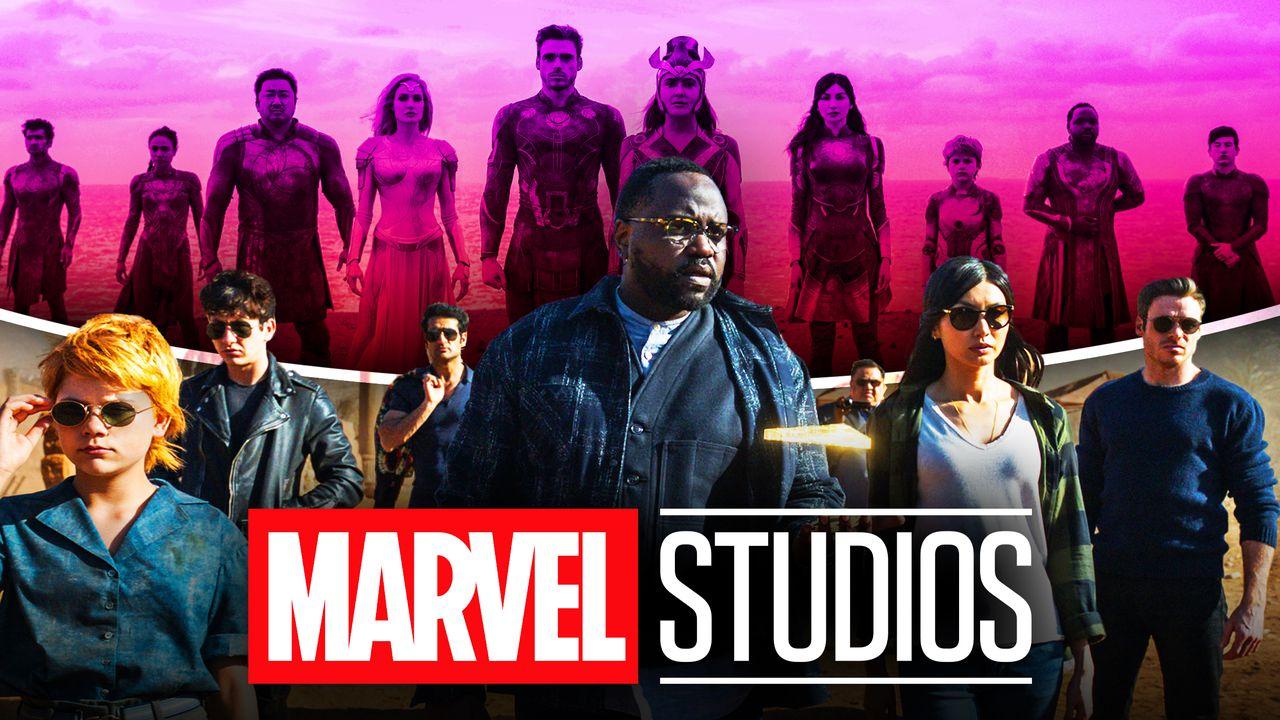The Marvel Cinematic Universe (MCU) has come a long way since Tony Stark first donned the Iron Man suit. The franchise, which started with a relatively lighthearted, action-packed origin story, has evolved into a complex web of interconnected narratives that tackle some of the most profound themes in human experience. One of the most striking aspects of the MCU’s recent movies is its increasing reliance on tragedy.

- MCU Movie Trailers That Set The Internet Ablaze
- MCU’s Top 5 Highest-Grossing Movies Of All Time
- How The MCU’s Phase 5 Compares To Earlier Phases
- Heroism Redefined: Unpacking The Evolving Notion In Marvel’s Cinematic Universe
- L’importance des aspects juridiques des affaires
From the get-go, Marvel’s movies have never shied away from exploring the darker corners of the human condition. The first Captain America film, for instance, dealt with themes of sacrifice and loss, as Steve Rogers’s closest friend, Bucky Barnes, plunges to his supposed death. However, as the franchise has grown and matured, it has begun to tackle more nuanced, and often heartbreaking, forms of tragedy.
Avengers: Infinity War and Avengers: Endgame are two cases in point. The former’s jaw-dropping cliffhanger ending, which sees half of all life in the universe wiped out with a mere snap of Thanos’s fingers, sent shockwaves around the world. It was a bold, and some might argue, brutal, move that left many fans reeling. The subsequent Endgame did its best to mitigate the damage, but not before exploring the emotional fallout of the Snap’s devastating consequences.
Meanwhile, other movies in the franchise have delved into more personal, character-driven tragedies. Black Panther, for instance, explored the dark legacy of colonialism and the scars of historical trauma. Spider-Man: No Way Home and Doctor Strange in the Multiverse of Madness also delved into complex webbing emotional scars of the character of Spider-Man and Stephen Strange.
Thor: Love and Thunder offers yet another striking example of tragedy’s role in the MCU. The movie’s central plot revolves around the theme of grief, as Thor comes to terms with the loss of his loved ones and the crushing weight of his responsibilities as a hero. The film’s handling of this theme is notable for its sensitivity and nuance, as it sidesteps the more bombastic, action-oriented beats that often define Marvel’s movies.
But what’s driving this increasing emphasis on tragedy in the MCU? There are a few reasons, but perhaps the most significant one is the sheer magnitude of the franchise’s ambition. As the MCU has expanded, it’s become increasingly clear that its movies aren’t just standalone entertainments but part of a much larger narrative tapestry. By exploring themes of tragedy and loss, the MCU can create a sense of gravity and stakes that’s essential for a sprawling, interconnected universe.
Another reason for the emphasis on tragedy is the changing tone of the times. The world we live in today is governed by constant uncertainty and existential dread. From climate change to pandemics, we’re surrounded by reminders of our mortal fragility. By exploring tragedy in a fictional context, the MCU offers a way for us to process and make sense of these anxieties.
Finally, there’s the simple fact that tragedy makes for compelling storytelling. By putting its characters through hell, the MCU can create emotional payoffs that are both cathartic and resonant. When the stakes are this high, we can’t help but become invested in the outcome.
In conclusion, the role of tragedy in Marvel’s newest movies is both bold and multifaceted. As the franchise continues to evolve, it’s clear that this emphasis on darkness and loss is here to stay. Love or hate it, one thing’s for sure – the MCU’s newfound love of tragedy has injected a whole new level of emotional depth to its storytelling.




